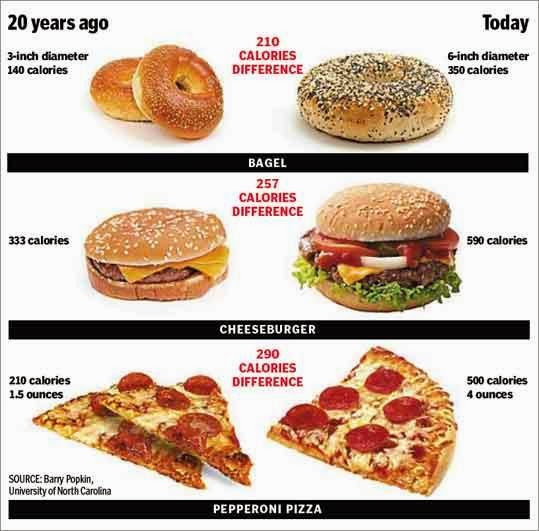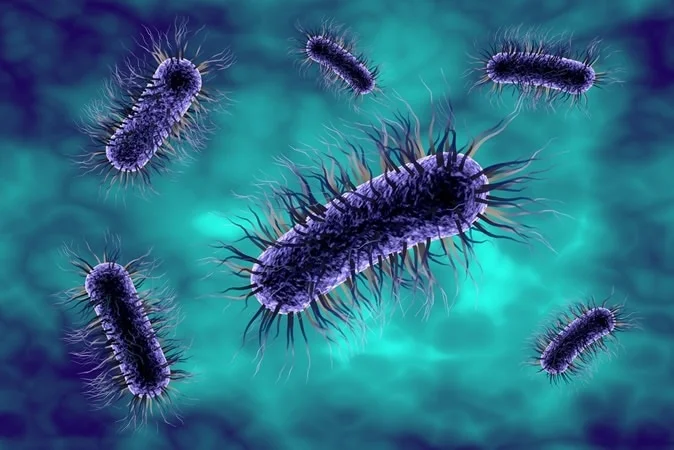In 1900, the three leading causes of death were: pneumonia (viral or bacterial), tuberculosis (bacterial), and diarrhea and enteritis (bacteria or viral). Children under 5 years of age accounted for 40% of the total deaths caused by the aforementioned illnesses. By this time, bacterial infections had already wiped out millions…

Can our Expectations About How Full a Food Will Make us Influence How Full we Get?
Can our expectations about how full a food will make us influence how full we actually get? The idea seems plausible enough. There are many known cases of mind-over-matter. One well-known case is the use of placebos. Placebos are given during studies to subjects who believe they are actually taking…

Are GMO’s (Genetically Modified Organisms) Safe and What Foods Contain Them?
Hey everyone. Someone emailed me asking about GMO’s and I happened to write a report on this topic for a class a few years ago so I decided to post it for everyone to see. Please write any questions/comments!

How our Increasing Portion Sizes Affect Food Intake and Lead to Overeating
Since obesity has been rising for decades and causes so much loss of life and disability, my next few blogs will focus on issues that can lead to overeating. I will talk about how hormones in our gut tell our brain when we are full, how food choice is affected…

Weight Loss- Are All Calories Equal?
Most diets rely on creating a negative energy balance to lose weight. This means that the body is taking in less than it needs, so it uses the energy we have stored, such as glycogen, fat, and muscle protein. Humans require a certain amount of calories each day just to…

